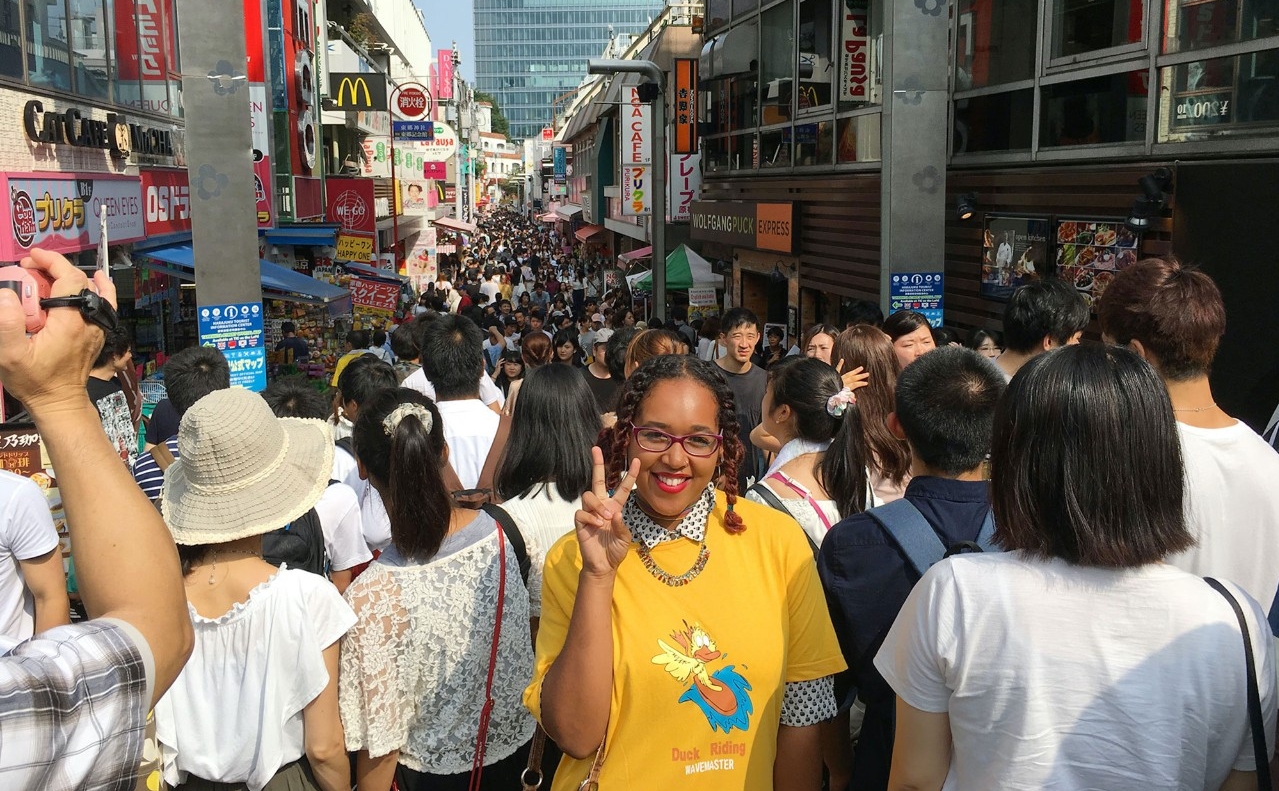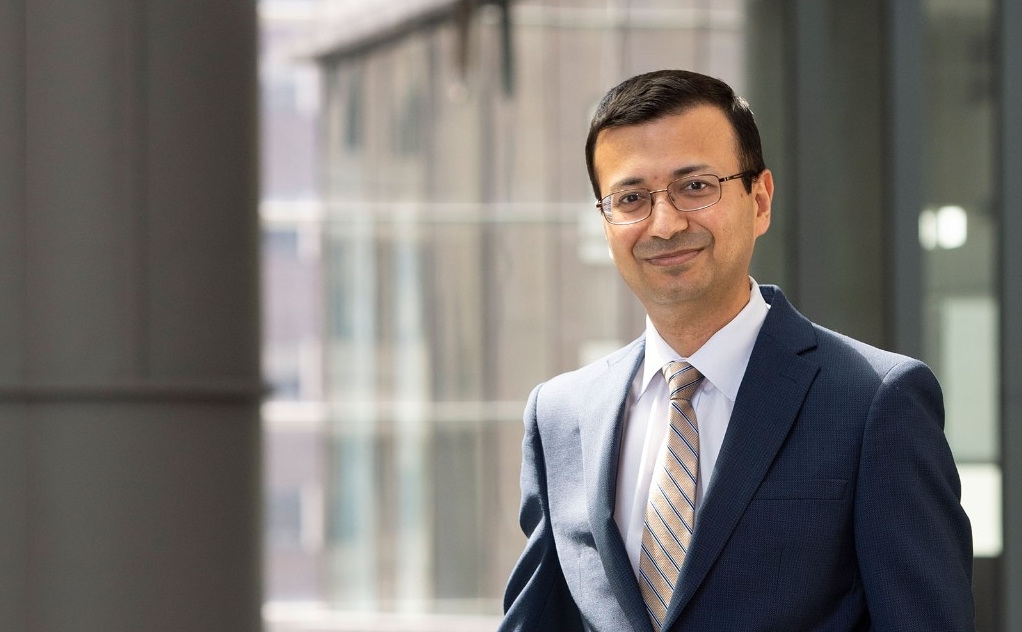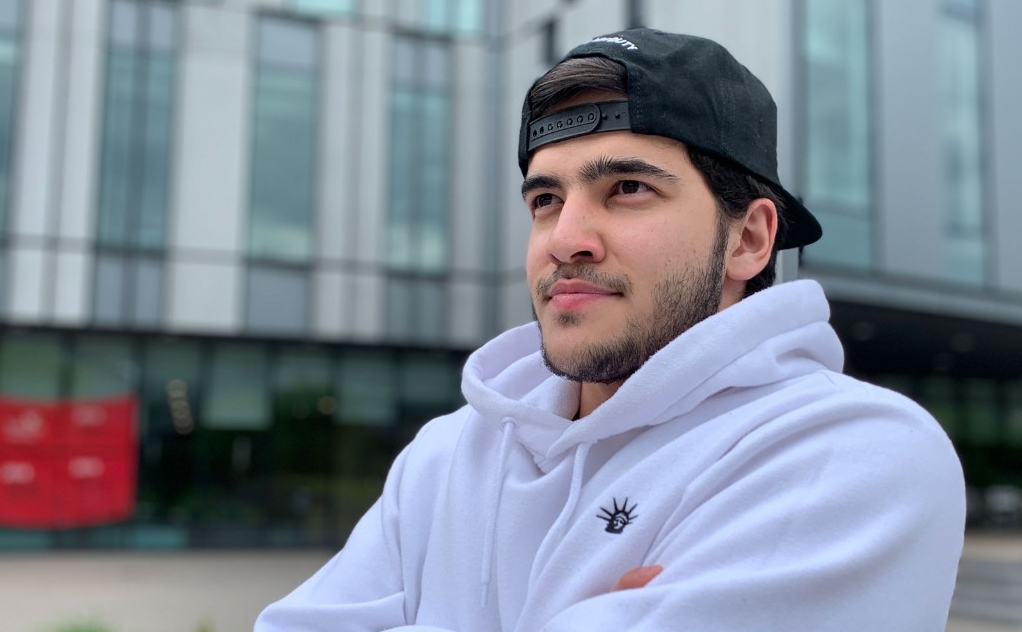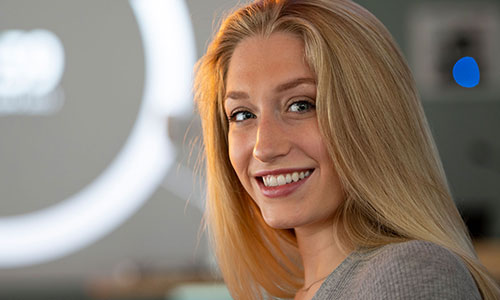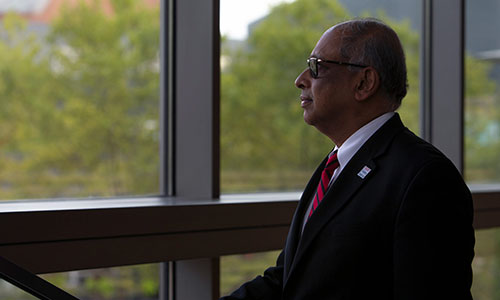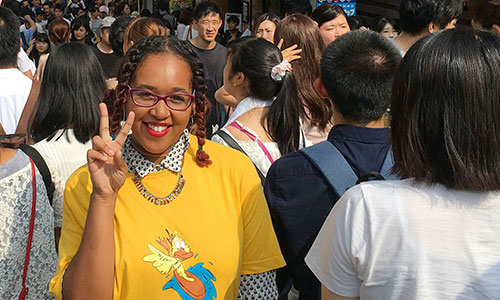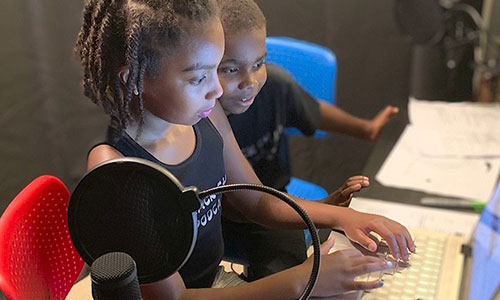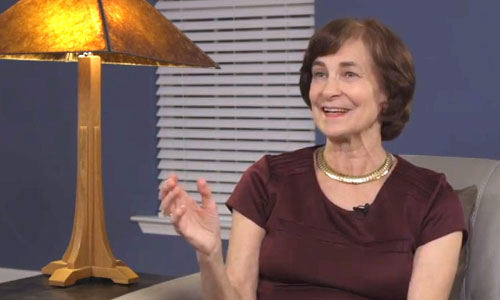By Rachel Richardson
ON A LATE summer afternoon in 1974, the body of Regina Andrews was discovered near a Cleveland swim club. The crime was both shocking and savage: The newlywed had been brutally stabbed 11 times and wrapped in hotel linens.
Three days later, police arrested her husband of just three weeks, Isiah Andrews, despite the fact that evidence strongly implicated another man. Andrews, who has always maintained his innocence, was nevertheless eventually convicted and sentenced to life in prison.
Andrews, now 82, thought he’d die in prison. But this spring, nearly 46 years after he was incarcerated, he finally walked out of prison a free man, thanks to the work of Ohio Innocence Project (OIP) law students, professors and attorneys at the University of Cincinnati College of Law.
Andrews marks the 30th person freed with the help of the OIP. Combined, those clients have served nearly 600 years in prison for crimes they did not commit.
“The things that lead to people being wrongfully convicted are really commonplace,” says Brian Howe, an OIP staff attorney and assistant professor of clinical law at the UC college. “But the ways that people are exonerated are really one-in-a-million, lightning-striking type of stories. That’s what I hope people understand about these cases, and Isiah Andrews’ case.”
The extraordinary chain of events leading to Andrews’ release was set in motion in 2015, when the OIP agreed to review his case. Police reports revealed that investigators had initially suspected and even arrested another man, Willie Watts, for the crime — evidence of which had been unlawfully suppressed from Andrews and his attorneys for 45 years.
No physical evidence tied Andrews to the crime, and prosecutors relied on the unreliable eyewitness testimonies to obtain a conviction against him.
Police did, however, find evidence linking Watts to the scene, all of which was documented in the newly obtained police reports. He also had a history of violence against women involving knives. However, he provided several alibi witnesses for the three-hour period in which the coroner initially estimated the victim had been killed, and he was released. Watts died of natural causes in 2011.
If Andrews’ defense had known about Watts in 1975, there is a reasonable chance he may have been acquitted. Cuyahoga County Common Pleas Judge Robert McClelland agreed. In May, McClelland threw out Andrews’ conviction and ordered a new trial on the basis Andrews’ defense was never provided evidence regarding Watts.
Andrews finally walked out of prison a free man.
“It’s hard to say that Isiah Andrews is lucky after all the wrongs that have been done to him in the course of his life,” says Howe. “But in 99 times out of 100, he would have died in prison. This would have been successfully covered up. No one would have found out about Willie Watts.”
“There are so many cases where the evidence never comes out and the person maintains their innocence until they die, and the case is forgotten. How many other people are out there who just don’t get lucky like that?”
Read more about Washington's case.
